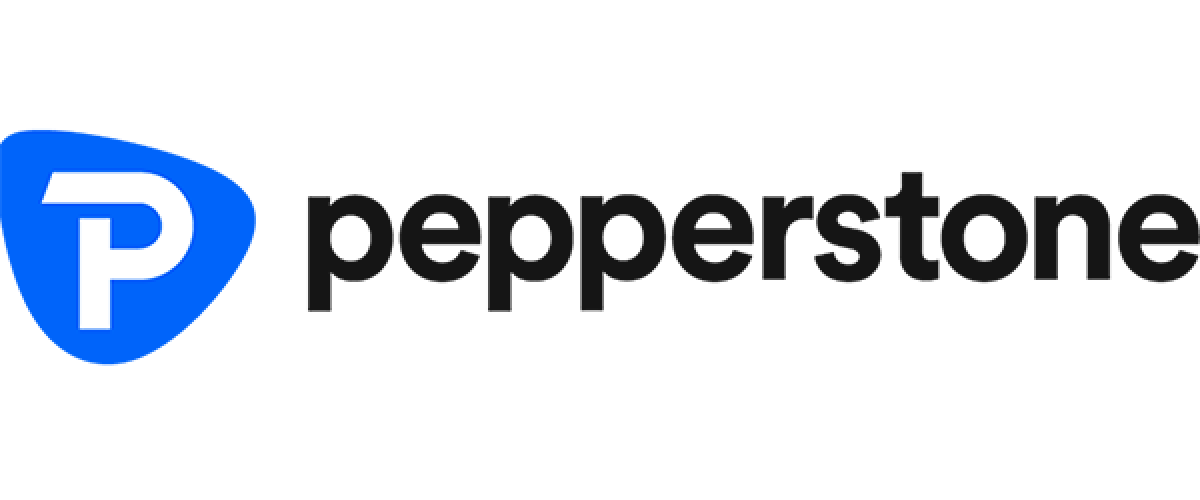Best Online Brokers 2026 — Reviews, Comparisons & FAQs
Find the right broker in 3 minutes. Answer-first reviews, real risks, clean comparisons.

The best regulated brokers for Latin America in 2026 are: 1. Libertex (4.5/5), 2. Interactive Brokers (4.4/5), 3. XTB (4.4/5), 4. eToro (4.3/5), 5. Pepperstone (4.3/5). We analyzed 13+ brokers on regulation, fees, platforms, and user experience for traders in Mexico, Argentina, Chile, Colombia, and Peru.
🏆 Top 3 Brokers for Latin America 2026
Our editors' picks based on safety, competitive fees, and platform quality

Commission-free trading, intuitive platform, 20+ years in market

Social trading & copy trading for beginners

Professional tools, global markets, $0 minimum
Quick Start Guides
Master the basics of online trading with our comprehensive guides. Learn how to fund your account, understand local regulations, and start trading safely in your country.
Compare Brokers Side-by-Side
Make informed decisions by comparing brokers directly. See how fees, features, and platforms stack up to find the perfect match for your trading style.
Smart Broker Finder
Answer 4 quick questions to get your personalized broker recommendations
Where are you located?
✨ Why Traders Trust Us
"Finally found a site that explains fees clearly without the marketing fluff. The broker finder helped me discover XTB which has been perfect for my trading style."
"The FAQs answered all my questions about CFD risks and taxes. Started with eToro's demo account as recommended – so glad I learned the basics first!"
We don't accept payment for reviews or rankings. Every broker is independently evaluated based on safety, fees, platforms, and user experience. We earn commission when you sign up, but this never influences our honest assessments.
🔥 Popular Comparisons
See how top regulated brokers stack up side-by-side
📚 Country-Specific Guides
Local payment methods, regulations, and tax information for your country
Learn about SPEI instant transfers, local regulations, and tax obligations
Best regulated brokers Mexico →PSE payment system, broker regulations, and how to get started safely
Best regulated brokers Colombia →Bank transfers, Webpay options, and Chilean trading regulations
Best regulated brokers Chile →Navigate currency controls, local payment methods, and tax reporting
Best regulated brokers Argentina →Local banking options, regulatory framework, and getting started tips
Best regulated brokers Peru →More countries coming soon: Uruguay, Paraguay, Ecuador, Brazil
💬 Frequently Asked Questions
Quick answers to common questions about online brokers
What's the best broker for beginners in Latin America?
For beginners in Latin America, we recommend Libertex as the best starting point. With over 20 years of experience and zero commissions on most CFDs, Libertex offers an intuitive platform that's perfect for those new to trading. The interface is clean and uncluttered, making it easy to understand where to place orders, set stop-losses, and monitor positions.
What sets Libertex apart for beginners is its straightforward approach: you get competitive spreads from 0.8 pips on major pairs, support for MetaTrader 4/5 if you want to grow into more advanced tools, and strong European regulation (CySEC, FCA) that provides investor protection. The $200 minimum deposit is reasonable, and you get access to an unlimited demo account to practice without risk.
eToro is another excellent choice, especially if you want to learn by copying successful traders through their CopyTrader feature. It's ideal for absolute beginners who prefer a more social, community-driven approach to learning.
Yes, online brokers can be very safe for Latin American traders, but safety depends entirely on choosing a properly regulated broker. The key is to look for brokers regulated by tier-1 financial authorities such as the FCA (United Kingdom), CySEC (Cyprus), or ASIC (Australia). These regulators require brokers to maintain segregated client accounts, undergo regular audits, and provide negative balance protection. Libertex, for example, is regulated by both CySEC and FCA and has been operating since 1997, demonstrating a long track record of reliability. When your funds are held by a regulated broker, they're kept separate from the broker's operating capital, meaning your money is protected even if the broker faces financial difficulties. Warning signs to avoid: Brokers operating from unregulated offshore jurisdictions, promises of guaranteed returns, aggressive sales calls, or lack of transparent information about regulation. Always verify a broker's regulatory status on the regulator's official website before depositing funds.Are online brokers safe in Latin America?
Minimum deposits vary significantly by broker and can range from $0 to $10,000+. For Latin American traders, here's what to expect: XTB and Interactive Brokers have no minimum deposit requirements, making them accessible to anyone. eToro requires $100, while Libertex requires $200. Premium brokers like Saxo Bank may require $10,000 or more. However, the minimum deposit isn't the only factor to consider. We recommend starting with at least $500-$1,000 regardless of the broker's minimum. Here's why: with proper risk management, you should never risk more than 1-2% of your account per trade. If you have $200 and risk 2% ($4 per trade), you'll struggle to take meaningful positions and may be forced to over-leverage to see returns, which dramatically increases your risk of losing everything. A $500-$1,000 starting capital gives you breathing room to take several small trades, learn from mistakes, and manage risk properly without feeling pressure to "make it all back" on one trade. Remember: your first goal should be learning and preservation of capital, not making money quickly.What's the minimum deposit to start trading?
Most international brokers accept deposits in USD, but many also support local payment methods. In Mexico, you can use SPEI transfers; in Colombia, PSE payments; in Argentina, bank transfers. Check our country-specific guides for detailed payment options.Can I deposit in my local currency?
CFDs (Contracts for Difference) are derivative instruments that allow you to speculate on the price movements of assets like forex, stocks, commodities, and indices without actually owning them. When you buy a CFD, you're entering an agreement with the broker to exchange the difference in the asset's price from when you open the position to when you close it. Why are CFDs popular? They offer flexibility (profit from both rising and falling markets), access to leverage (control larger positions with less capital), and lower entry costs than buying actual assets. Brokers like Libertex offer zero commissions on CFDs, making them cost-effective for active trading. The risks: 70-80% of retail traders lose money with CFDs, primarily because leverage magnifies both gains and losses. A small adverse price movement can wipe out your account if you're over-leveraged. CFDs also incur overnight financing costs if held for multiple days. Should you trade them? Only if you're willing to invest significant time in education, start with a demo account for at least 1-2 months, use strict risk management (never risk more than 1-2% per trade), and understand that you could lose your entire investment. CFDs are not suitable for everyone and should never be traded with money you can't afford to lose.What are CFDs and should I trade them?
E-wallets (Skrill, Neteller) typically take 1-2 days, credit/debit cards take 3-7 days, and bank transfers can take 3-5 business days. First-time withdrawals may take longer due to identity verification requirements. Most brokers don't charge withdrawal fees.How long does withdrawal take?
Yes, trading profits are generally taxable in most Latin American countries. Tax rules vary by country – some classify trading as capital gains, others as income. We recommend consulting a local tax advisor familiar with investment taxation in your specific country.Do I need to pay taxes on trading profits?



